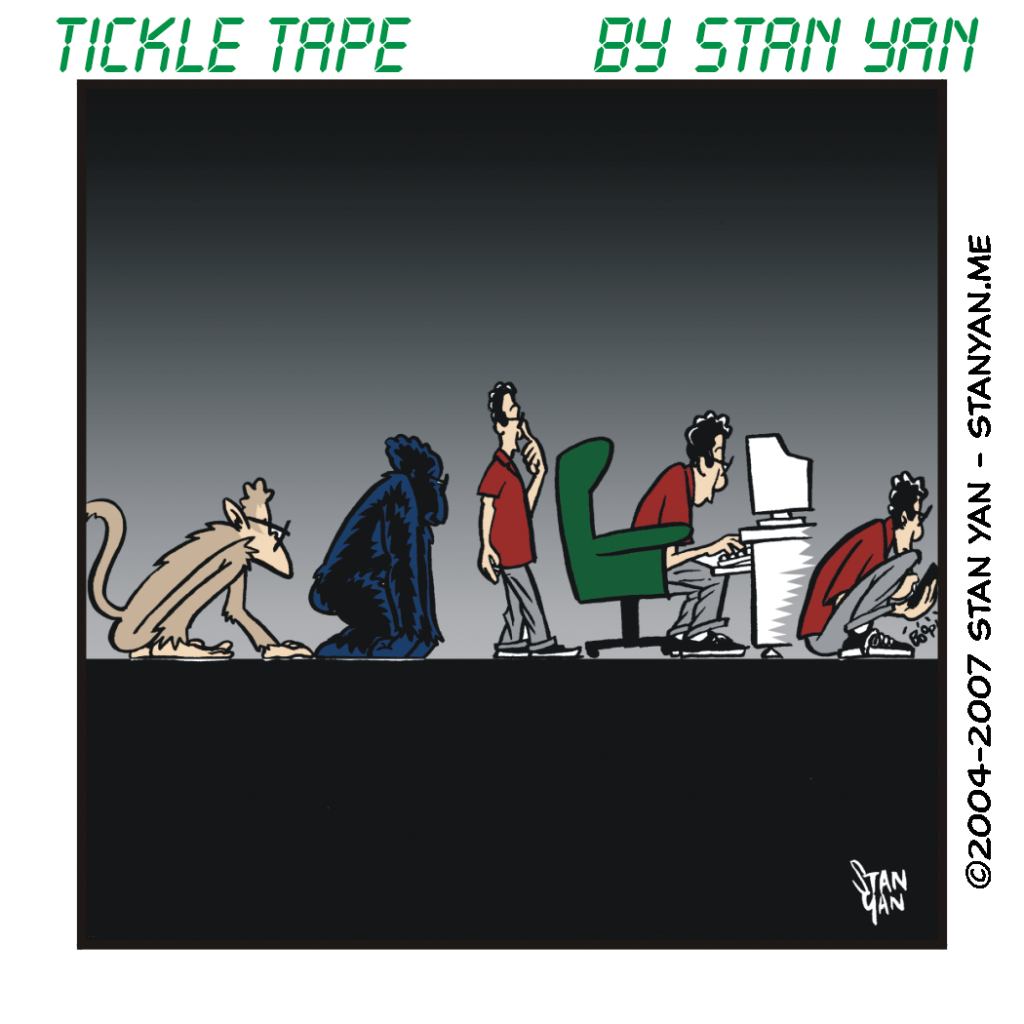We are all proud of the skills we develop as traders. We work on execution skills with enthusiasm, practising speed and precision. We pour over charts for hours, study indicators and oscillators and possibly even alter standard defaults to see how it impacts the signals they give. Some of us happily work on complex systems, labour well into the evening hours calculating complicated formulas, then spend more time backtesting.
Others comb through reams of fundamental information to support our technical decisions. Few of us, though, spend quality time developing our skills at taking losses. Why? Because losses require us to admit that we are wrong. And we naturally associate being wrong with pain. But it is a healthy and profitable concept to reconsider our losses in an entirely new light. What if we declared a different truth to ourselves? “The more highly skilled I become at taking losses at appropriate times and according to my plan, the more profitable trader I will become.”
In The Disciplined Trader, Mark Douglas suggests, “Execute your losing trades immediately upon the perception that they exist. When losses are predefined and executed without hesitation, there is nothing to consider, weigh, or judge and consequently nothing to tempt yourself with. There will be no threat of allowing yourself the possibility of ultimate disaster.”
To shed new light on losses, try “re-circuiting” your brain and develop loss-taking into a skill, instead of an unhappy and painful event. First, accept the fact that losses are the norm rather than the exception in the trading game. You should expect to lose. Own that reality–that will help take the fear out of it. Second, make sure to define your losses (risk) before you enter any trade. Define your possible loss, or risk, in comparison to your possible reward, or profit.
The proper ratios of these two are what give you the statistical edge. Now you are in control of your trade, not the other way around! Third, practice exiting your losing trades with precision and accuracy. Finally, confirm, realize and internalize that without a doubt that your controlled losses do not reflect on you, or your personal worth. They are a compartmentalized component of your business.
With practice, you can add “highly proficient at taking losses” to your personal trading skill set. The more you develop this technique, the more profitable trader you will become.


